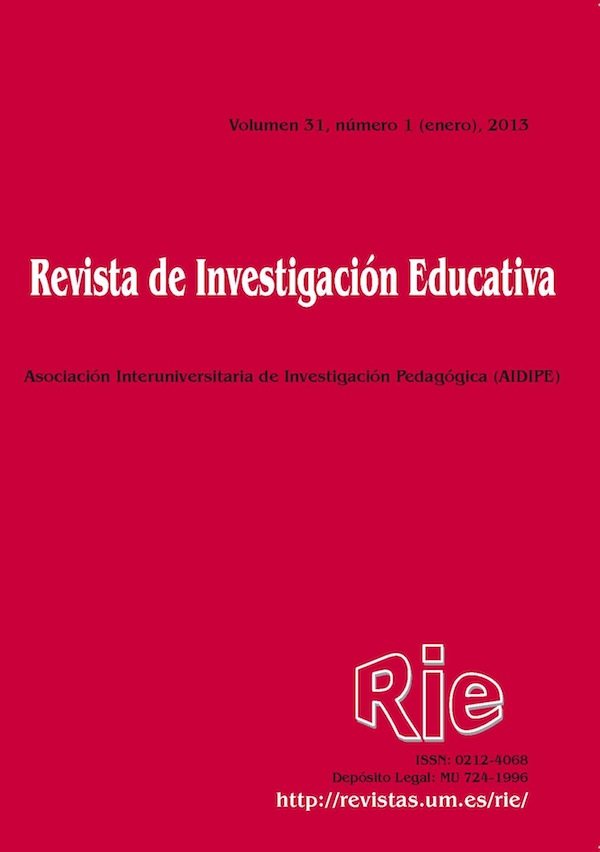Spanish and immigrant adolescents´ emotional skills in the affective-sexual field
Abstract
Part of adolescence develops during secondary education years, which is an ideal time to work on emotional relation by means of various emotional competences. This study was carried out on Spanish and immigrant adolescents, and aims to identify emotional competences adolescents use to solve conflicts that may arise in their affective-sexual relations, so that guidelines for educational intervention in multicultural schools may be suggested. The approach undertaken was focused ethnography. The sample comprised 80 adolescents of eight nationalities. Data were collected by means of semi-structured interviews. A set of categories was identified for the analysis of data. Two key findings were: 1) culture influences affective-sexual relations and the construction of emotional competences, and 2) the fact that classrooms are multicultural is positive because it facilitates educational intervention in emotional competences in the affective-sexual field.
Downloads
-
Abstract2210
-
PDF (Español (España))1983
The articles and scientific documents published in RIE abide the following conditions:
1. The Servicio de Publicaciones de la Universidad de Murcia (the publisher) has the property rights (copyright) of all the documents published and allows the reuse under the user’s license indicated in point 2.
2. All documents are published in the digital edition of RIE under a Creative Commons Reconocimiento-NoComercial-SinObraDerivada 4.0 Internacional. (legal document) license. These documents can be copied, used, distributed, communicated and explained publicly if: i) the author(s) and its original source of publishing (magazine, publisher and URL of the document) are cited; ii) it is not used for commercial purpose; iii) the existence and the specifications about this license are mentioned.
3. Auto-archive’s conditions. The authors are allowed and encouraged to digitally distribute the pre-print versions (a version before evaluation) and/or post-print (a version that it is already evaluated and accepted to its publication). This promotes circulation and distribution earlier and can increase the citations and significance within the academic community.










